In Search of Safe Havens: The Trust Deficit and Risk-free Investments!
Musings on Markets
AUGUST 15, 2023
In every introductory finance class, you begin with the notion of a risk-free investment, and the rate on that investment becomes the base on which you build, to get to expected returns on risky assets and investments. What is a risk free investment?

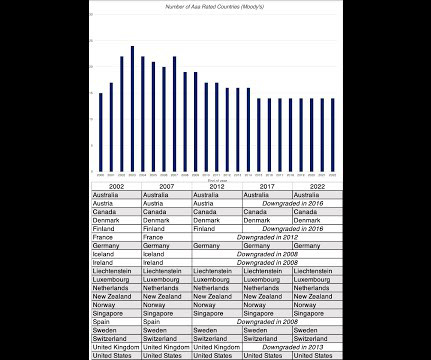
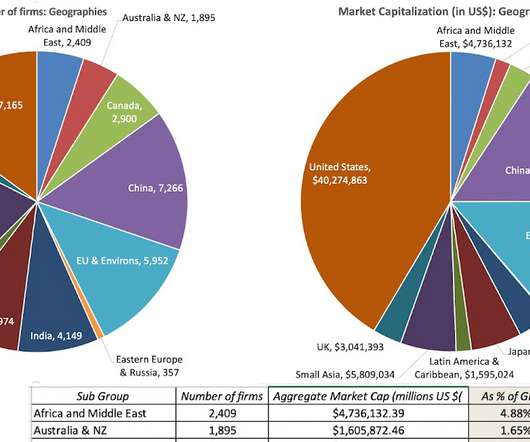
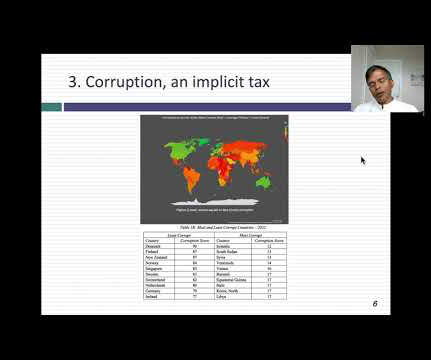
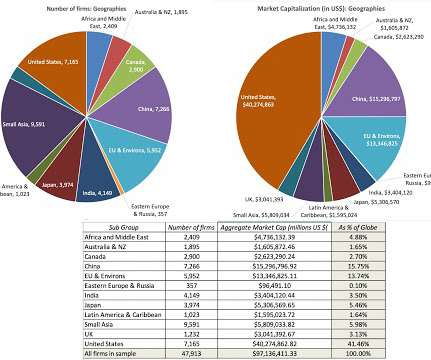
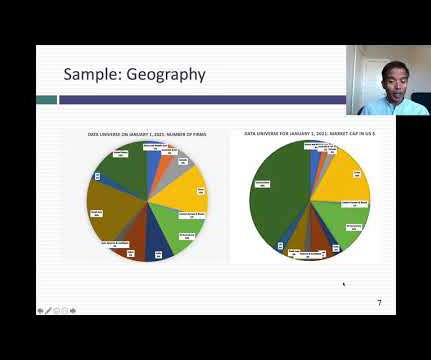








Let's personalize your content